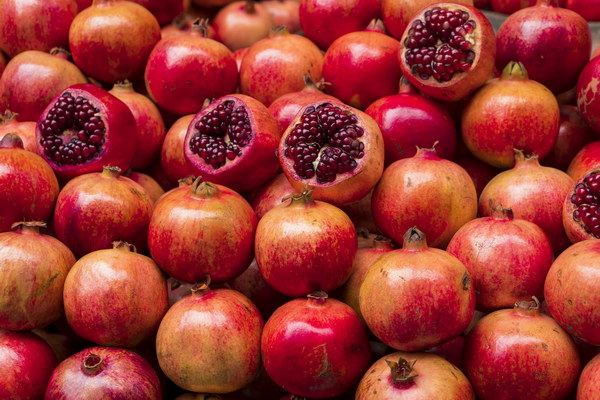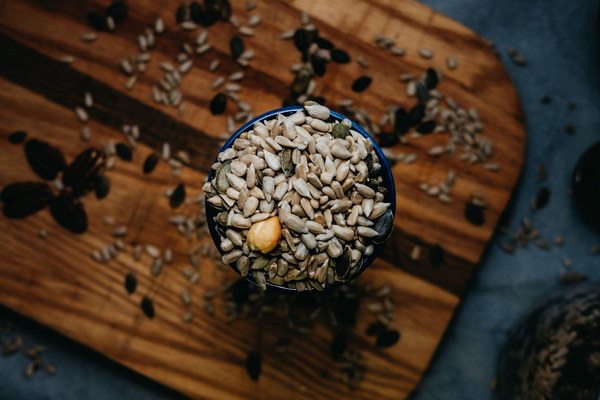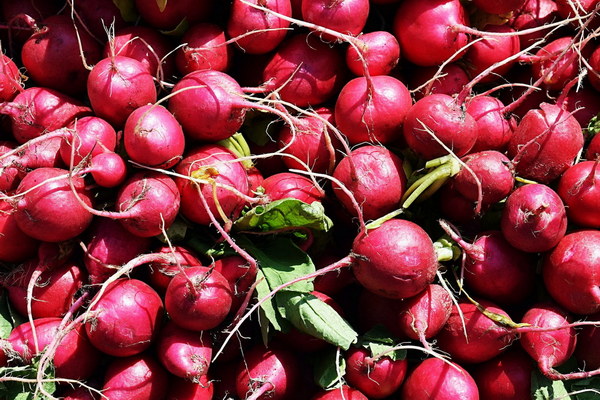Nourishing Your Stomach The Power of Vegetarian Foods for Gastric Health
In the quest for a healthy lifestyle, the importance of a balanced diet cannot be overstated. For those who have chosen a vegetarian lifestyle, the focus on plant-based foods not only promotes a healthier cardiovascular system and weight management but also plays a significant role in maintaining a healthy stomach. This article delves into the types of vegetarian foods that are particularly beneficial for nurturing your stomach health.
1. Fermented Vegetables: A Probiotic Bonanza
Fermented vegetables, such as sauerkraut, kimchi, and miso, are a powerhouse of probiotics. These live microorganisms populate the gut and help maintain a healthy balance of bacteria, which is essential for digestion. Probiotics can aid in the breakdown of food, improve nutrient absorption, and reduce symptoms of irritable bowel syndrome (IBS). Incorporating these tangy treats into your meals can lead to a happier and healthier stomach.

2. Leafy Greens: The Green Superfoods
Leafy greens like kale, spinach, and collard greens are rich in fiber, which is crucial for maintaining a healthy digestive system. Fiber adds bulk to stool, helping to keep things moving through the digestive tract and preventing constipation. Additionally, these greens are packed with vitamins and minerals, including calcium and vitamin K, which are essential for bone health and can help prevent stomach ulcers.
3. Almonds and Other Nuts: Healthy Fats and Protein
Almonds and other nuts are not only a great source of healthy fats but also provide protein, which is essential for the repair and maintenance of stomach lining. Healthy fats like monounsaturated and polyunsaturated fats can help reduce inflammation in the stomach and improve the absorption of fat-soluble vitamins. Including a handful of nuts in your diet can be a tasty way to support stomach health.
4. Beans and Legumes: The Fiber-Rich Friends
Beans and legumes are an excellent source of dietary fiber and protein, making them ideal for those looking to support their stomach health. They can help regulate bowel movements, reduce the risk of diverticular disease, and may even lower the risk of colon cancer. The variety of nutrients found in beans, such as magnesium and potassium, also contribute to overall digestive health.
5. Whole Grains: Complex Carbohydrates for Gut Health
Whole grains like brown rice, quinoa, and oats are complex carbohydrates that provide sustained energy and are high in fiber. They can help maintain a healthy gut flora by providing food for the beneficial bacteria in the intestines. The fiber in whole grains also slows digestion, which can prevent blood sugar spikes and contribute to weight management, both of which are beneficial for stomach health.
6. Garlic and Onions: The Stomach’s Allies
Garlic and onions are not just flavorful additions to your meals; they also offer a range of health benefits for your stomach. Garlic contains allicin, a compound that has been shown to reduce inflammation and may help prevent stomach ulcers. Onions, on the other hand, contain prebiotics that feed the good bacteria in the gut, promoting overall gut health.
7. Flaxseeds and Chia Seeds: Omega-3s for Digestion
Flaxseeds and chia seeds are rich in omega-3 fatty acids, which have anti-inflammatory properties. These seeds also provide a good amount of fiber, making them a great addition to a vegetarian diet aimed at improving stomach health. The omega-3s can help reduce inflammation in the digestive tract and support the production of healthy bile, which aids in the digestion of fats.
By incorporating these vegetarian foods into your diet, you can support a healthy stomach and digestive system. Remember, the key to a balanced vegetarian diet is variety and moderation. Enjoy the journey of discovering which plant-based foods work best for your personal health and well-being.









